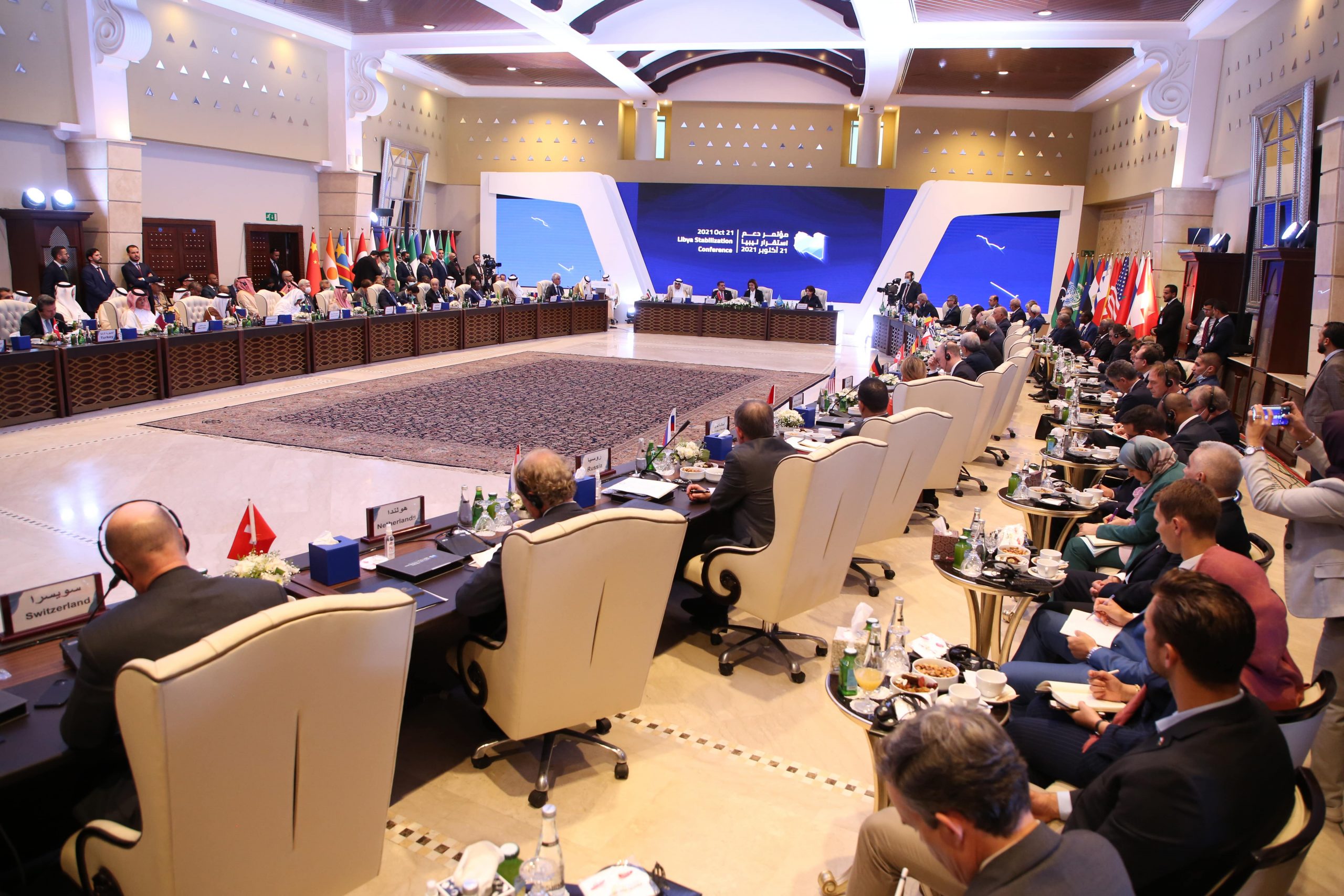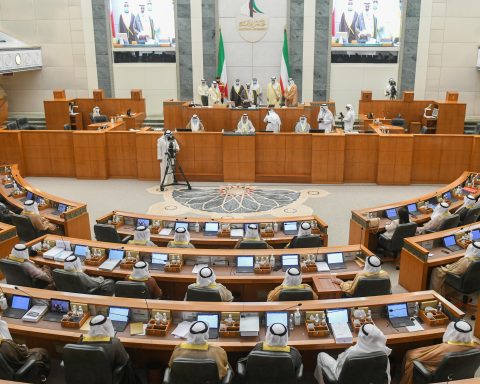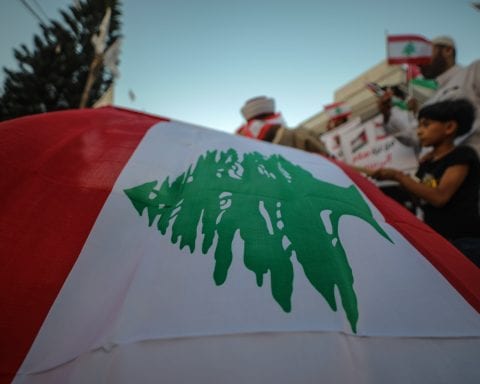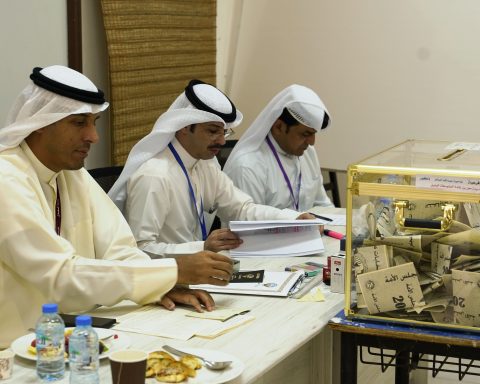31 foreign delegates, including representatives of the European Union (EU), the UN, the African Union, and the Arab League, attended the conference held at the Corinthia Hotel in the capital of Tripoli on Thursday, October 21. Participating countries include Turkey, the United Kingdom (UK), the US, France, Greece, Egypt, Italy, Qatar, Algeria, Tunisia, Sudan, Saudi Arabia, Chad, Niger, Spain, Netherlands, the Democratic Republic of the Congo, Congo-Brazzaville, Russia, Switzerland, China, Germany, Morocco, the United Arab Emirates (UAE), Bahrain, Kuwait, and Malta. Prime Minister Abdul Hamid Dbeibeh and Foreign Minister Najla Al-Mangoush attended the conference on behalf of the Government of National Unity (GNU).
Prime Minister Dbeibeh made statements by taking the floor in the opening session of the Conference. Dbeibeh appreciated the participants for their efforts to bring peace and stability to Libya and to stop the conflicts in the past. In addition to this, Dbeibeh stated that GNU has come to the task of ending years of division and stabilizing Libya. In his statement after the meetings, he also stated that ensuring security and stability in Libya would have a positive impact on the economic conditions of the Libyan people.
After the talks, Foreign Minister Najla Mangoush expressed that the Conference should be perceived as a continuation of the First and Second Berlin summits, and that there was a need to prevent negative interventions and achieve reconciliation in order to ensure the stability of Libya. Nonetheless, Minister Mangoush called on all Libyan parties to accept the results of the elections scheduled for December 24. Stating that they support democracy and political justice as the GNU, the Foreign Minister emphasized that they would continue to work for similar conferences to be held in Benghazi and Sebha.
In the final declaration of the Conference published by the GNU, it was noted that the roadmap determined by the UN should be followed by emphasizing unity, national sovereignty should be preserved, and the arms embargo should be adhered to. Together with this, it was emphasized in the declaration that steps should be taken to ensure that the elections scheduled for December 24 take place in a fair and transparent environment and that the decisions of the 5+5 Joint Military Committee should be respected. After the conference, senior officials of many European countries expressed their support for the results of the conference.
The Libyan Stabilization Conference came at a critical time in terms of timing. There have been discussions and different scenarios regarding the elections in recent days. At the same time, there is a serious tension between the Speaker of the House of Representatives (HoR) Aguila Saleh and Prime Minister Dbeibeh. Especially, the decision of HoR to cancel the vote of confidence against the GNU received serious reactions from different parts of the country, from the east, west and south of the country. At this point, the election law, which was accepted unilaterally by the HoR, contains many legitimate question marks.














